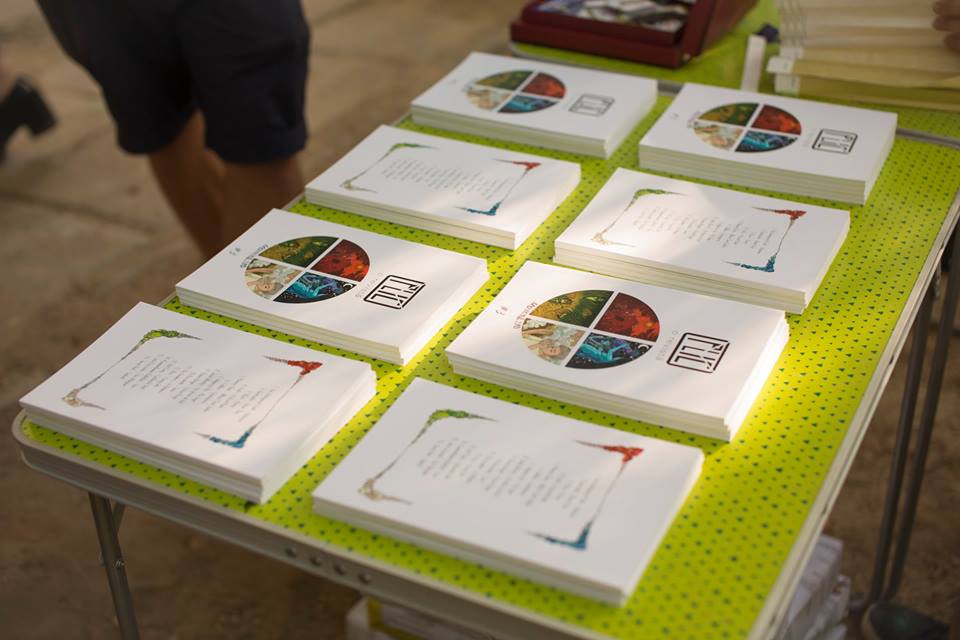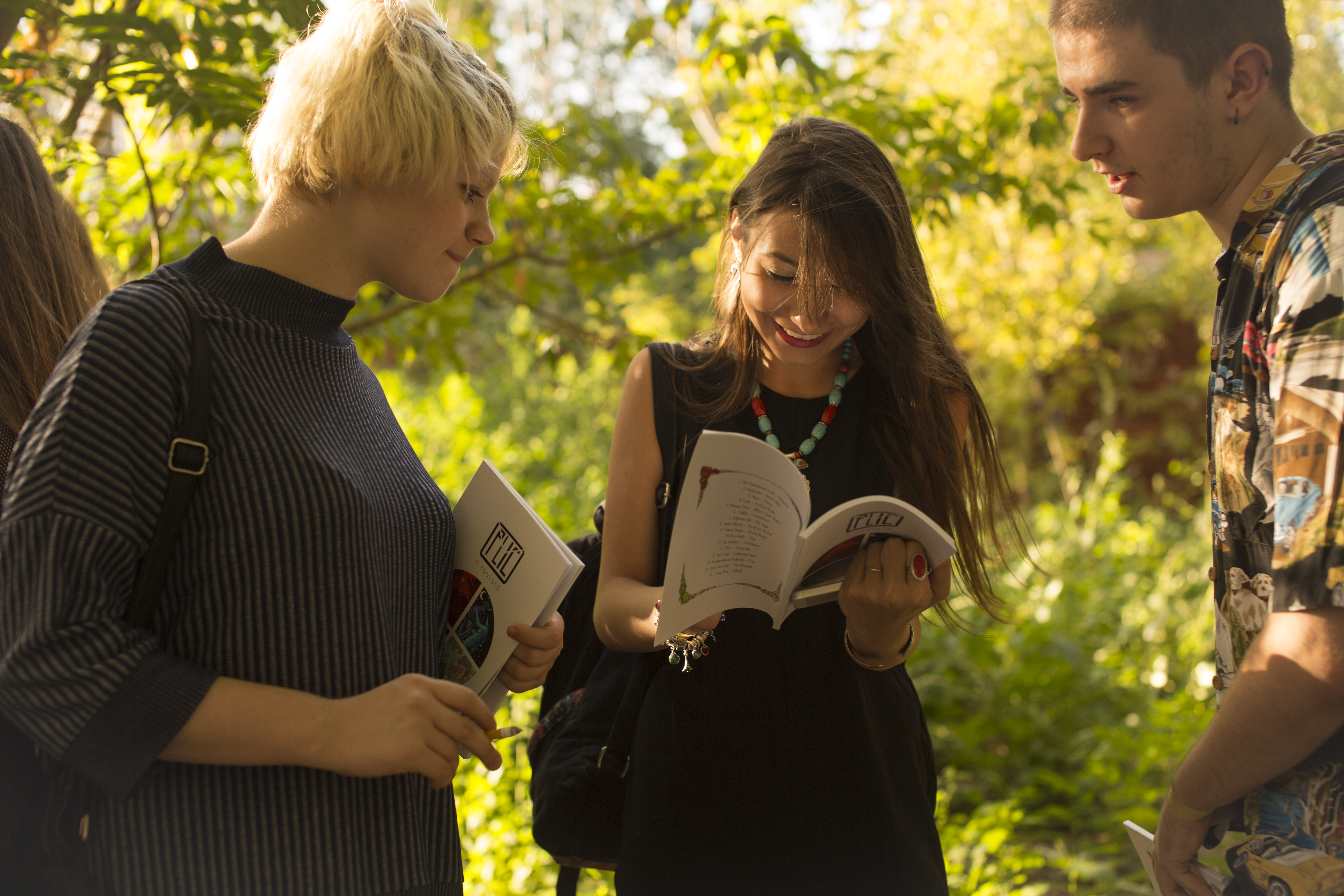In 2014, just before the first issue of Plic, o revistă went to print, Telekom showed interest in sponsoring this surprising endeavour – not your average highschool magazine, but a quarterly made by kids from various highschools in Bucharest, with the look and feel of any cool, indie magazine out there.
The story of this collaboration started with an e-mail, Alexandra Corolea says. An intriguing message which, among other things, explained the magazine’s name (which means “envelope”): „it came from the idea that this is the most intimate things someone could have, a place where one could gather moments, memories, small, carefully done objects. That’s how our magazine is, too – personal, made with love.” The e-mail ended in “I wish you a supercalifragilistic week”. „One doesn’t get many such e-mails in a corporation,” Alexandra says. “We had to meet these kids”.
Telekom did not intend to publish any ads in the magazine, but wanted some creative content instead. So, for the second issue, the Plic team came up with a cartoon – a mock-history of the way we communicate that included a guy who tried (and failed) to ask a girl out by means of a carrier pigeon.
From the very beginning, Roxana Caia, the magazine’s 17 year-old senior editor, wanted Plic to be a publication by, for and about teenagers. The first issue had Beginnings as a theme, and was full of personal texts, Roxana says, a reflection of those who made it. “Lately, I think it started to be less and less about us, and more about the stories we want to tell,” she says. In the second issue, Alex, one of the magazine’s writers, talked to three young people who had been patients of the infamous No. 9 hospital (a mental institution). In the third issue, which was released this Fall and has Ambivalence as a theme, Tea went to both Gay Pride, and the Noua Dreaptă (a far-right organization) marches. Roxana is planning to do her first feature article for the fourth issue, about how kids living in a remote village, with no internet or phone signal, spend their time.
The average age of those on staff is 17-18; people come and go, some because they have just finished highschool, like Ștefany, the art director who recently left Romania to study abroad, and had to train a few people to make sure she left the magazine in good hands. Meanwhile, Roxana is also constantly on the lookout for sponsors who could help with printing expenses. She tries to send all her e-mails at the beginning of the week and, she says, no matter how formal they are, she always ends them in “I wish you a supercalifragilistic week”. Or else something wouldn’t be right.
Her e-mail is not the only thing that made Telekom tick. “Being a communication and technology brand,” Alexandra says “we think it’s important to encourage as many shared experiences as possible. A good story puts things into perspective and makes us value our own experiences more. And that’s what Plic does, with a unique voice. We’re glad we were there for them at the beginning.”
Part of a series dedicated to the supporters who help make the conference possible. We thank them for their contribution.

